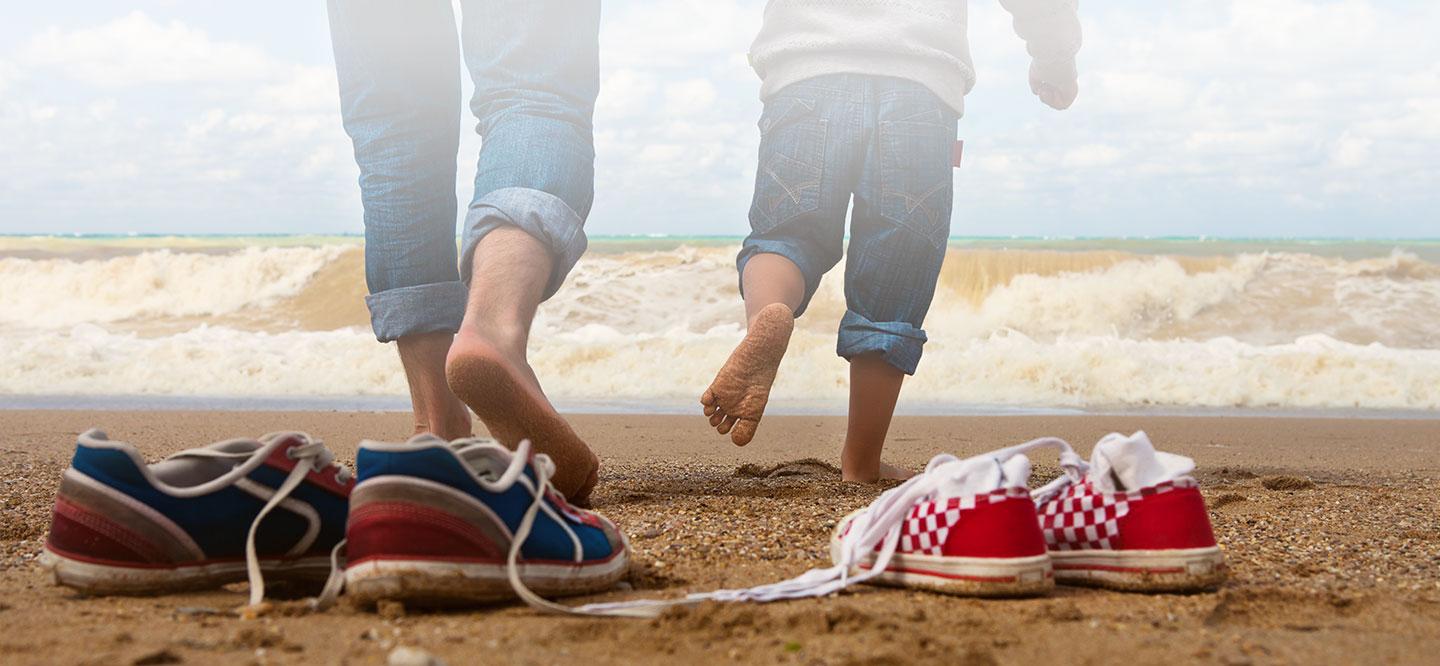Q. Can I have my chiropody treatment f.o.c. from an NHS chiropodist?
There are restrictions as to who is eligible for ‘free’ chiropody treatment, depending upon certain qualifying medical conditions. Such conditions are in general, diabetes, rheumatoid arthritis and peripheral vascular disease (narrowing of the blood vessels). If you belive you may be eligible for chiropody treatment under the NHS it is worth approaching your GP who will refer you to an NHS chiropodist/podiatrist, if you qualify. Otherwise chiropody is available from private practitioners (such as ourselves) only.

